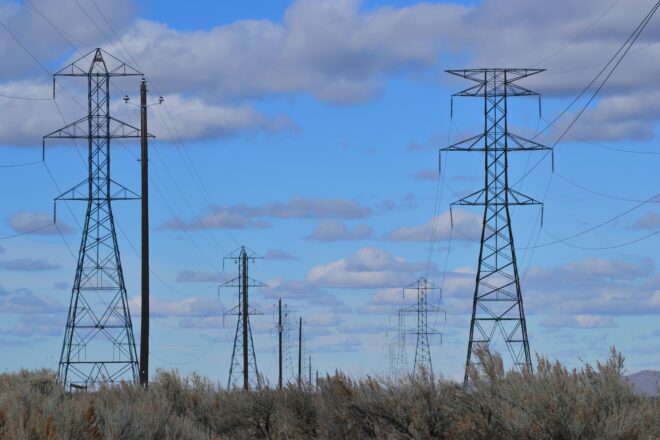Unemployment: Somewhere, USA
As I pointed out a few months ago, empirical studies of the minimum wage have a way of stepping into a host of price-theoretic potholes. Among these pitfalls, there’s one in particular that seems underdeveloped. It relates to the margins of adjustment.
Gordon Tullock emphasized the endless margins of adjustment available to employers in the face of a minimum wage constraint. In Tullock’s account, an employer responds to the minimum wage by shutting off the factory-floor AC on a hot summer’s day.
Tyler Cowen from Marginal Revolution:
On this issue (and many others) I’ve been much influenced by my colleague Gordon Tullock. Gordon notes that the government can make an employer raise nominal money wages, but can’t stop him from turning off the air conditioner. [A more optimistic scenario is that the employer invests in creating a higher-productivity job.] Surely just about every job out there can be made worse, one way or another, in a way that saves the employer money.
So the scenario is now simple. The government boosts the minimum wage. Low-wage workers earn more. Few lose their jobs. Workers sweat more too, one way or another. Few are much better off.
Henry Hazlitt famously observed that one factor making economics hard is:
…the persistent tendency of men to see only the immediate effects of a given policy, or its effects only on a special group, and to neglect to inquire what the long-run effects of that policy will be not only on that special group but on all groups. It is the fallacy of overlooking secondary consequences.
Likewise, Thomas Sowell argues that much of what it means to “think like an economist” consists of persistently asking, “And then what?”
In the spirit of such basic economics, I want to pull on this thread just a bit in the case of the minimum wage. Suppose an employer does turn off the AC. And then what?
Commercial electricity doesn’t simply produce itself. Laborers—somewhere else in the economy—produce it. Due to the minimum wage, the demand for electricity falls. Imagine other firms also find this the profit-maximizing margin on which to adjust. Perhaps the demand falls rather significantly.
The cumulative effect of all these electricity-eschewing firms is that the (value) productivity of workers in electricity falls. Demand for their labor likewise declines. The electricity industry contracts. Perhaps some workers take pay cuts, but others may lose their jobs altogether.
These insights—stemming from a healthy dose of price theory + “secondary consequences”—are relevant for empirical examinations of minimum wages’ impacts on employment.
To wit: Minimum-wage-induced unemployment may exist in the remotest of places!
For instance, the infamous Card and Krueger study compared PA and NJ when NJ raised its minimum wage. But a myopic focus on PA and NJ would be too narrow if the unemployment showed up somewhere else. Maybe TX produces the electricity for fast-food restaurants in PA/NJ. If so, that’s where the unemployment would show up. But how would you know where to look?
And, of course, it goes without saying that unemployment might be “exported” outside of national boundaries. The laws of economics don’t stop at the borders. Thus, unemployment might be even harder to detect. Job loss might not happen in Somewhere, USA, but in Somewhere, World.
This piece was originally published on Marginalia. You can read the original here.






